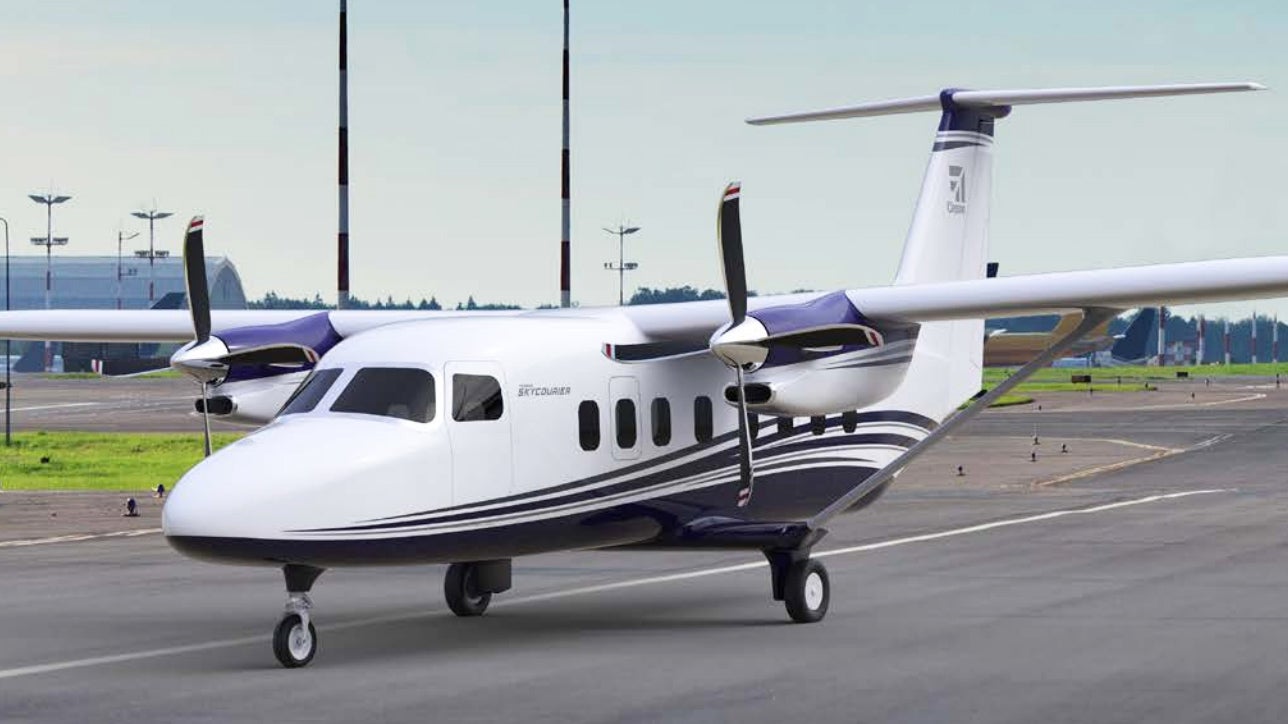Cessna is hard at work on a totally new twin turboprop design that will allow the company to go after a relatively underserved market for a small but hardy twin engine aircraft capable of hauling outsized cargo or passengers into austere locations. And like its singe turboprop Caravan cousin, the Skycourier seems ideally suited for military applications as well.
Skycourier’s performance goals are fairly straight forward: 200 knots max cruise, 900 mile max range, and a 6,000lb max cargo hauling capacity. Its unpressurized fuselage will feature an oversized cargo door and will be capable of swallowing up three standard LD3 shipping containers or 19 passengers. Its gear is designed to handle unprepared airfields, which means the Caravan’s rough and tough pedigree carries over. It also will feature a single point refueling system and the latest Garmin 1000 avionics suite. But above all else, this aircraft is being designed to be run very hard with minimal interruptions. As Cessna’s literature says, “fly, unload, and repeat.”

What may be attractive to cargo haulers and charter companies will be equally attractive to militaries around the globe. Cessna’s Caravan is used by air arms to deliver personnel and cargo to remote areas, to act as skydiving platforms, and as surveillance and strike assets, with some being armed with AGM-114 Hellfire missiles.

Currently Lebanon, Iraq and Afghanistan fly Hellfire armed ‘Combat Caravans’ which have proven themselves as very efficient hunter-killer platforms over the years. Other countries, including some in Africa, also fly US furnished Caravans outfitted for surveillance and reconnaissance. Orbital ATK offers one heavily armed version, which it presently calls the AC-208 Eliminator, on the open market, as well.
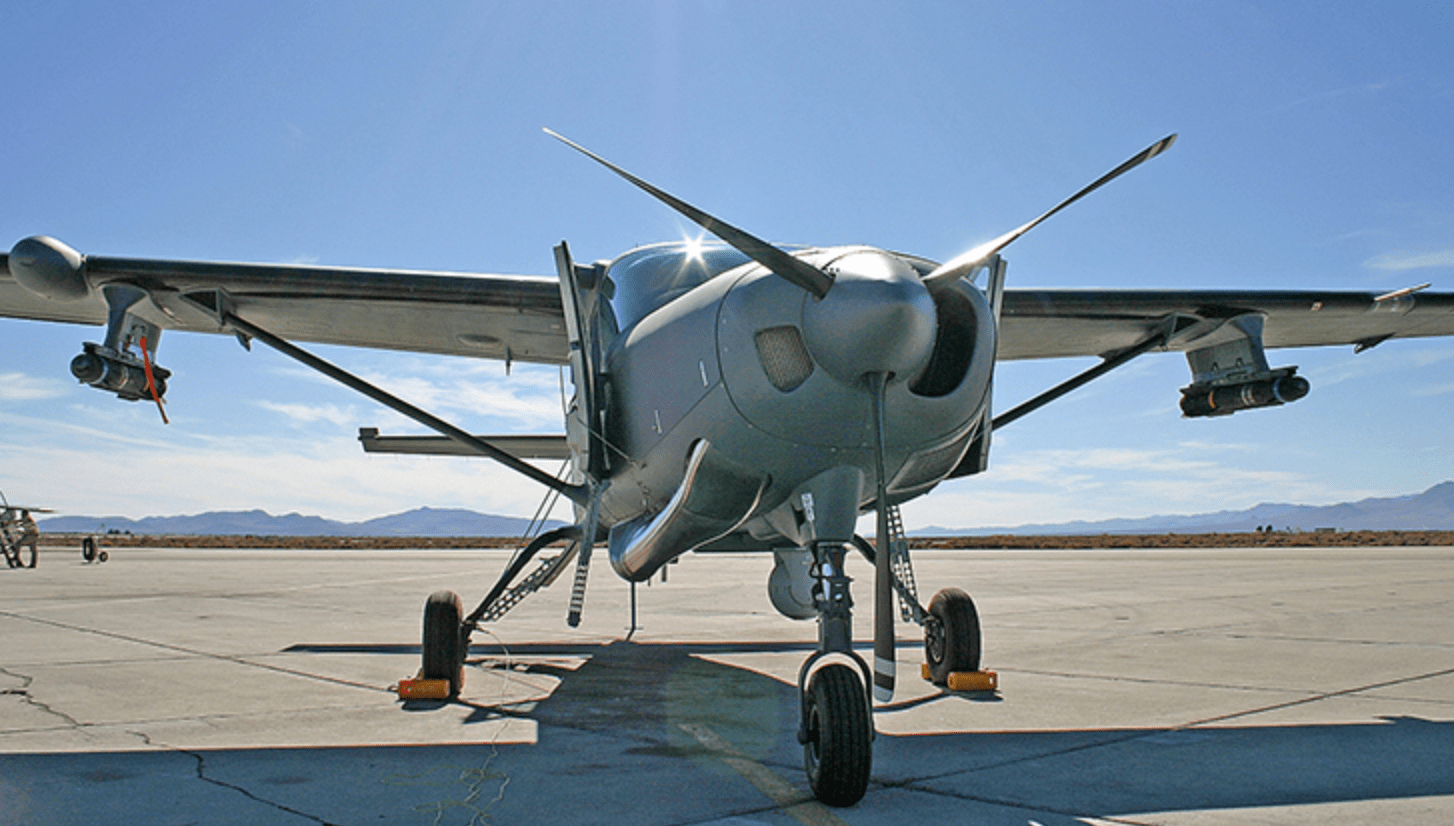
The Skycourier could not only supplant or supplement the Caravan in some roles, it could also replace Shorts Skyvans, CASA 212s, and M28 Skytrucks in service around the globe. The Pentagon has flown the CASA 212 and the M28 in the special operations support role.
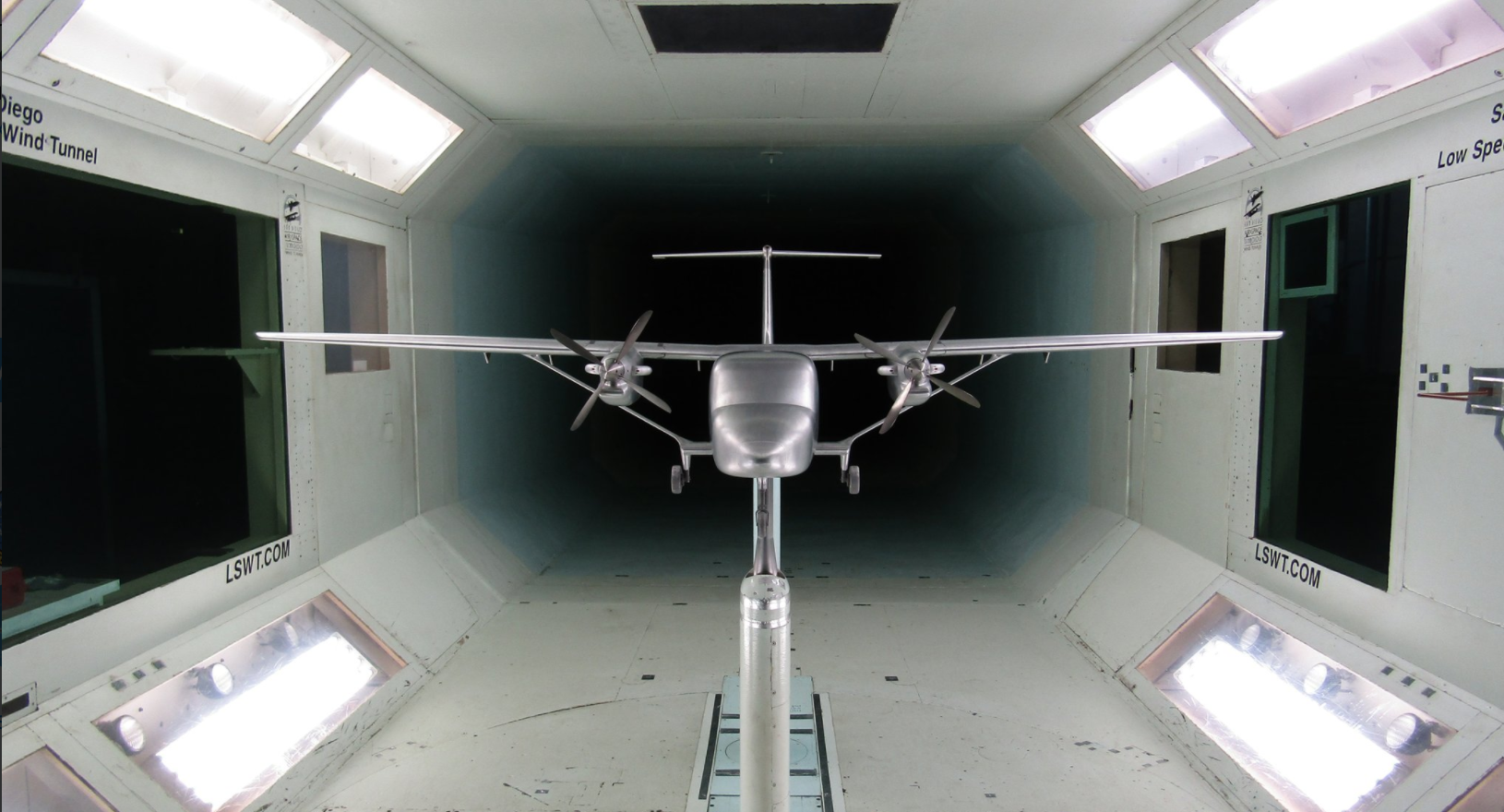
In particular the Skytruck, which is built in Poland, and the PC-12, which is of Swiss origin, the former of which is known as the C-145 and the latter as the U-28 in Pentagon parlance, have been worked especially hard by special operations command over the last decade or so. They often operate in some of the most austere locales in the world, executing all sorts of missions. These include transport missions, executing air drops, and providing intelligence products for regional forces. You can read all about their exploits here. The USAF has also been pining for a mini-gunship for some time, a mission the Skycourier could potentially take on.
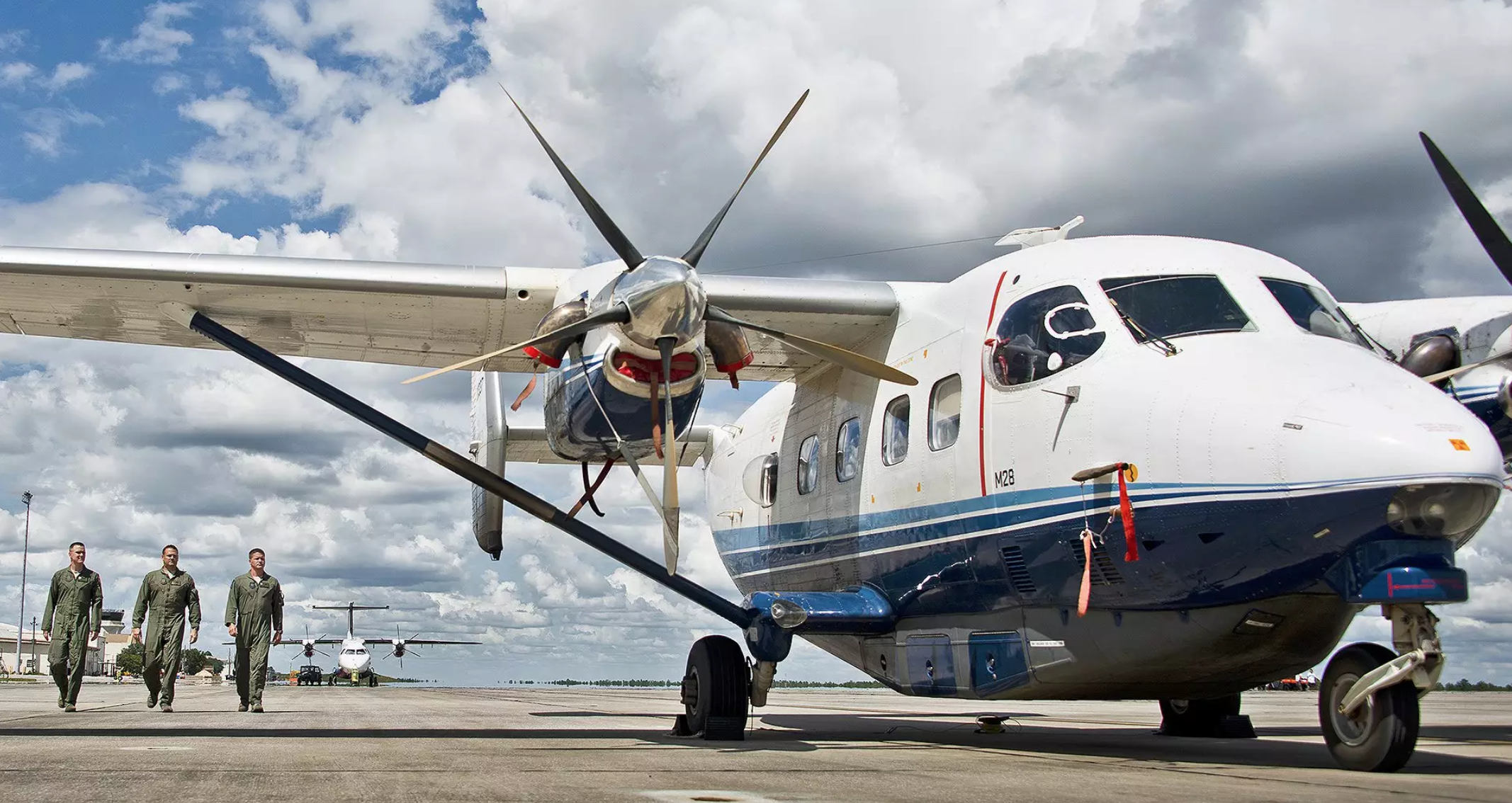
While the Skycourier could directly replace the C-145 sometime in the future, Cessna is also working on a direct competitor to the highly successful PC-12/U-28.
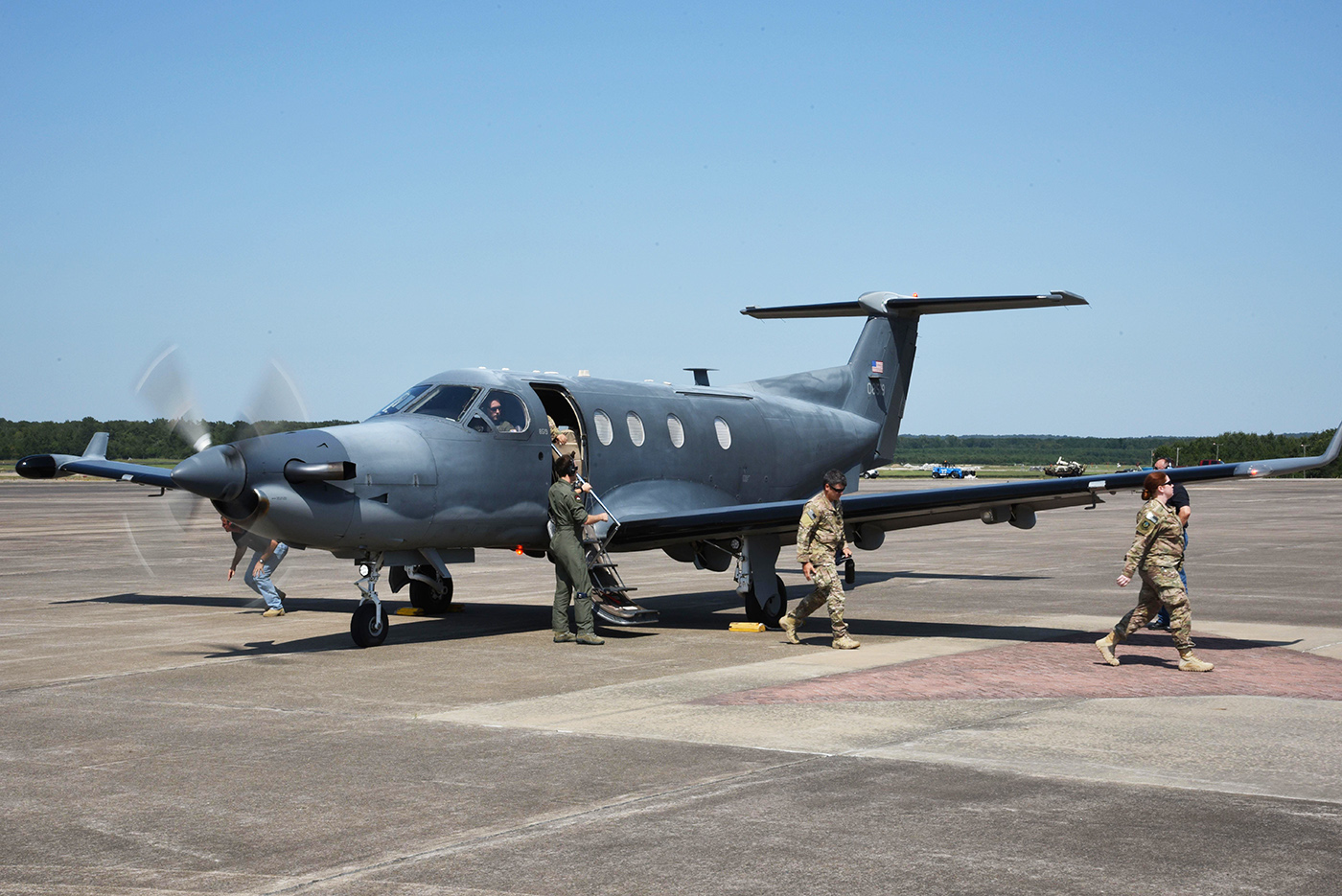
The Cessna Denali will target the pressurized cabin, single turboprop utility/corporate/private transport marketshare currently dominated by the PC-12, while leveraging Cessna’s massive support network to ease sustainment and lower operating costs. Targeted performance capabilities are very similar to the PC-12 and the ability to operate from rough fields is a key element of the Denali’s design, as it is for the PC-12. Cessna claims they can achieve 20 percent lower operating costs than their competition with this design, a big claim that if proven to be true could result in serious trouble for Pilatus.
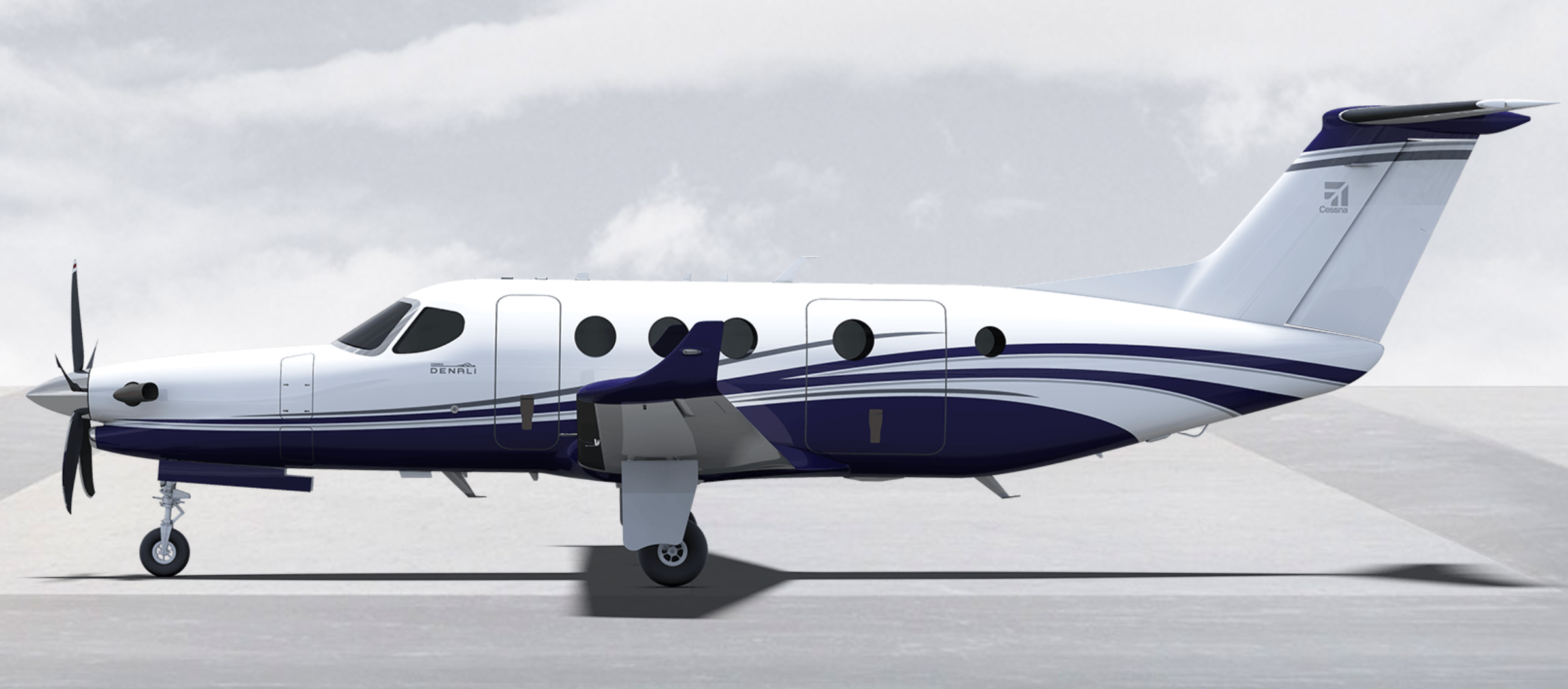
Both aircraft are slated to be ready for sale by 2020. The Skycourrier’s launch customer is FedEx, which already has put in an order for 50.
We’ll keep you posted how the programs proceed.
Contact the author: Tyler@thedrive.com
